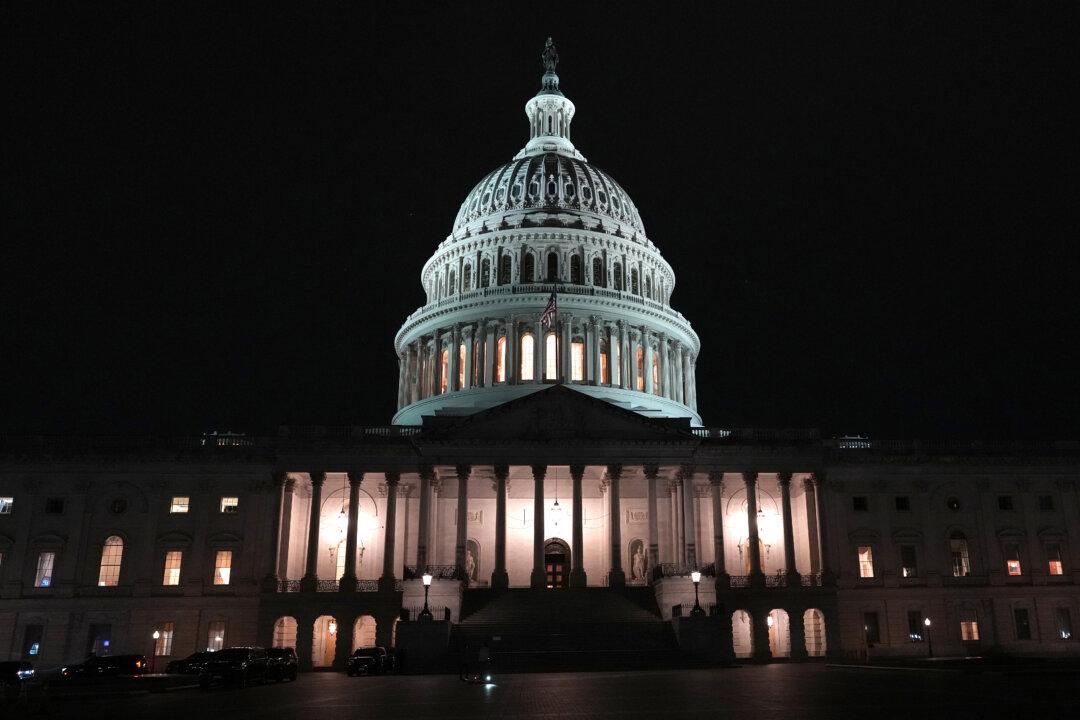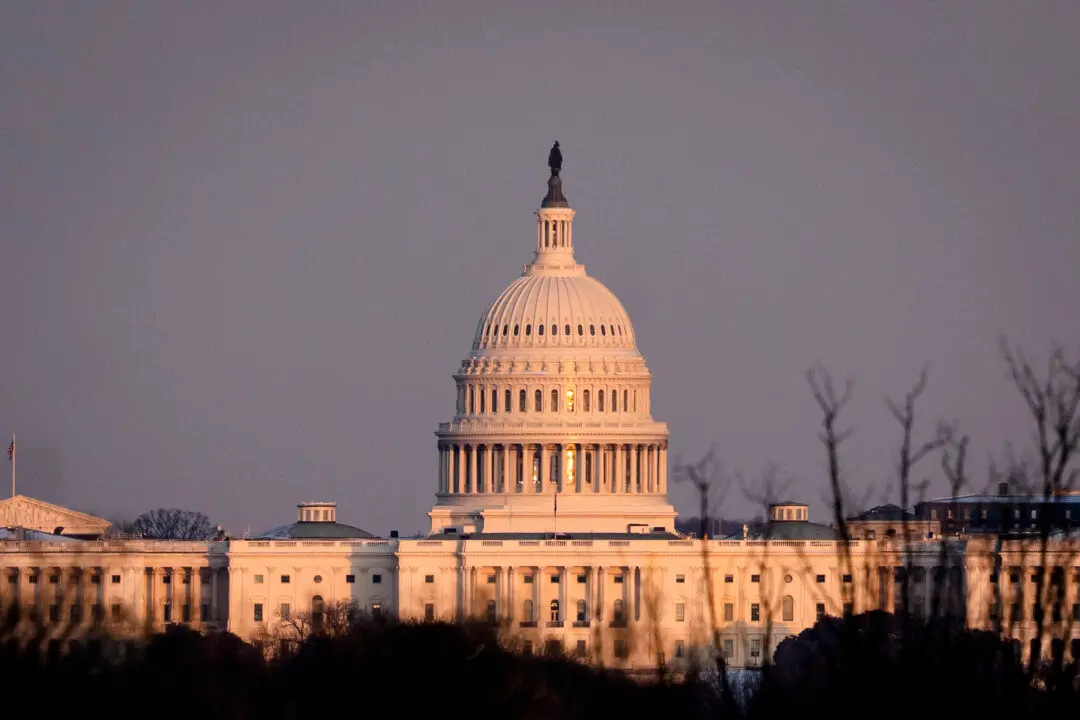The House of Representatives in the early morning hours of May 22 approved legislation to enact President Donald Trump’s agenda, capping off weeks of negotiations and uncertainty within the House Republican conference.
The House narrowly approved the bill in a party-line 215-214 vote. The vote came just before 7:00 a.m. after an all-night debate in the lower chamber.




